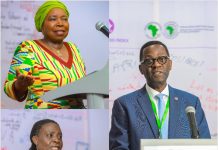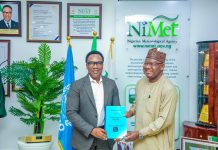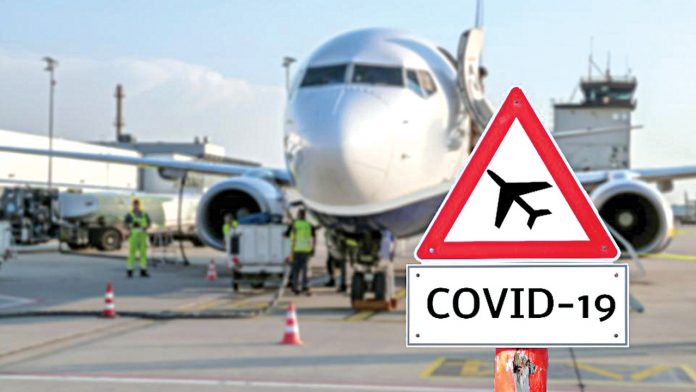The International Air Transport Association (IATA) has warned that the damage being done to the African aviation industry and on economies by the shutdown of air traffic owing to the COVID-19 pandemic has deepened.
According to new data published by the Air Transport Action Group of which IATA is a member, about 5 million African jobs will be lost in aviation and industries supported by aviation in 2020. This is well over half of the region’s 7.7 million aviation-related employment. Also, 172,00 jobs will be lost in aviation alone in 2020. This is about 40% of the region’s 440,000 aviation while GDP supported by aviation in the region will fall by up to $37 billion. This is 58% below pre COVID-19 levels.
“The breakdown in air connectivity in Africa has severe social and economic consequences for millions. No income means the lack of a social safety net for many. Governments need to do all they can to reconnect the continent safely. Keeping borders closed, or imposing measures such as quarantines, that deter air travel, will result in many more livelihoods being lost and further economic shrinkage along with hardship and poverty,” said Muhammad Albakri, IATA’s Regional Vice President for Africa and the Middle East.
To minimize the impact on jobs and the broader African economy, an accelerated recovery of air transport across the region is paramount. This can be achieved through COVID-19 testing as an alternative to restrictive quarantine measures.
Thirty-one countries in Africa are opening their borders to regional and international air travel. In 22 countries, however, passengers are still subject to a mandatory 14-day quarantine. This effectively stops people from travelling. IATA is calling for the systematic testing of passengers before departure. This will enable governments to safely open borders without quarantine and better support recovery efforts.
“Quarantine measures are crippling the industry’s recovery and hampering its ability to support social and economic development. Testing for COVID-19 will enable Africa and the world to safely re-connect and recover,” said Albakri.













